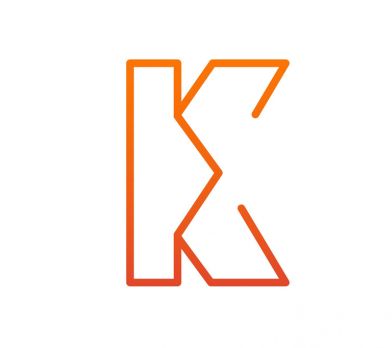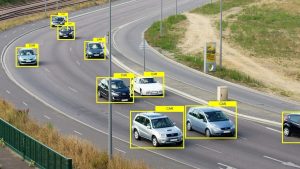Deep learning has revolutionized the field of computer vision, offering robust solutions that mimic human visual perception abilities. This technology is now fundamental in various industries, from enhancing healthcare diagnostics to powering autonomous vehicles. Here's how deep learning is applied across different sectors:
Healthcare
In healthcare, deep learning models are trained on vast datasets of medical images to identify patterns that are indicative of specific diseases. For example, convolutional neural networks (CNNs), a class of deep learning models, are extensively used for analyzing X-ray and MRI scans. These models can detect abnormalities such as tumors and fractures more quickly and accurately than human radiologists. This capability not only speeds up diagnostics but also increases the accuracy, potentially saving lives through earlier intervention.
Robotics
Deep learning aids robots in interpreting and understanding the world around them, which is crucial for performing tasks that require visual recognition. In manufacturing, robots equipped with vision systems powered by deep learning perform quality control, precision assembly, and materials handling with high efficiency and fewer errors. This application not only reduces the need for human labor in dangerous settings but also improves production rates and accuracy.
Autonomous Vehicles
Autonomous vehicles use deep learning to process and interpret the visual data necessary for safe navigation and decision-making. Deep learning models help these vehicles recognize traffic signs, detect pedestrians, and understand complex traffic scenarios. This technology is crucial for developing reliable autonomous driving systems that can predict and adapt to various environmental conditions.
Augmented Reality
In augmented reality (AR), deep learning is used to enhance the interaction between real-world and digital visual elements. By training models to recognize and track objects in real time, AR applications can overlay digital information onto the physical world seamlessly. This technology is used in mobile AR gaming, virtual try-ons in retail, and in tools that help with interior design planning, providing a rich, interactive user experience.
Security and Surveillance
Deep learning also transforms security systems by improving the accuracy of facial recognition software and real-time video analysis. Systems trained on diverse datasets can identify individuals and activities with high precision, making them invaluable for public safety, retail loss prevention, and personal security applications.
In summary, deep learning's impact on computer vision is profound and wide-ranging. Its ability to learn from large amounts of visual data and to make accurate predictions is being leveraged to enhance efficiency, safety, and user experience across multiple domains. As technology advances, the potential applications of deep learning in computer vision continue to expand, promising even more innovative solutions in the years to come.
All-in-one AI/ML Solutions at Kotwel
Building on these advancements, Kotwel offers an all-in-one AI/ML solution that simplifies and enhances the application of deep learning in computer vision. Our services are designed to help businesses of all sizes easily integrate cutting-edge technology to improve their operations and services. With Kotwel, companies can effectively apply deep learning to achieve better results, faster and with greater accuracy.
Visit our website to learn more about our services and how we can support your innovative AI projects.
Kotwel is a reliable data service provider, offering custom AI solutions and high-quality AI training data for companies worldwide. Data services at Kotwel include data collection, data labeling (data annotation) and data validation that help get more out of your algorithms by generating, labeling and validating unique and high-quality training data, specifically tailored to your needs.
Frequently Asked Questions
You might be interested in:
Data labeling is a critical component of machine learning that involves tagging data with one or more labels to identify its features or content. As machine learning applications expand, ensuring high-quality data labeling becomes increasingly important, especially when scaling up operations. Poorly labeled data […]
Read MoreMachine learning models are only as good as the data they learn from, making the quality of data labeling a pivotal factor in determining model reliability and effectiveness. This blog post explores the concept of consensus-based labeling and its crucial role in enhancing trust […]
Read MoreContinuous learning in artificial intelligence (AI) is an essential strategy for the ongoing enhancement and refinement of AI models. This iterative process involves experimentation, evaluation, and feedback loops, allowing developers to adapt AI systems to new data, emerging requirements, and changing environments. This article […]
Read More




